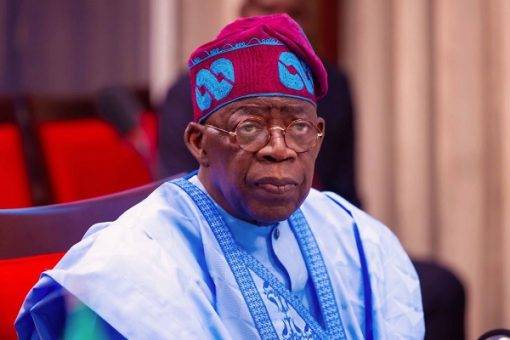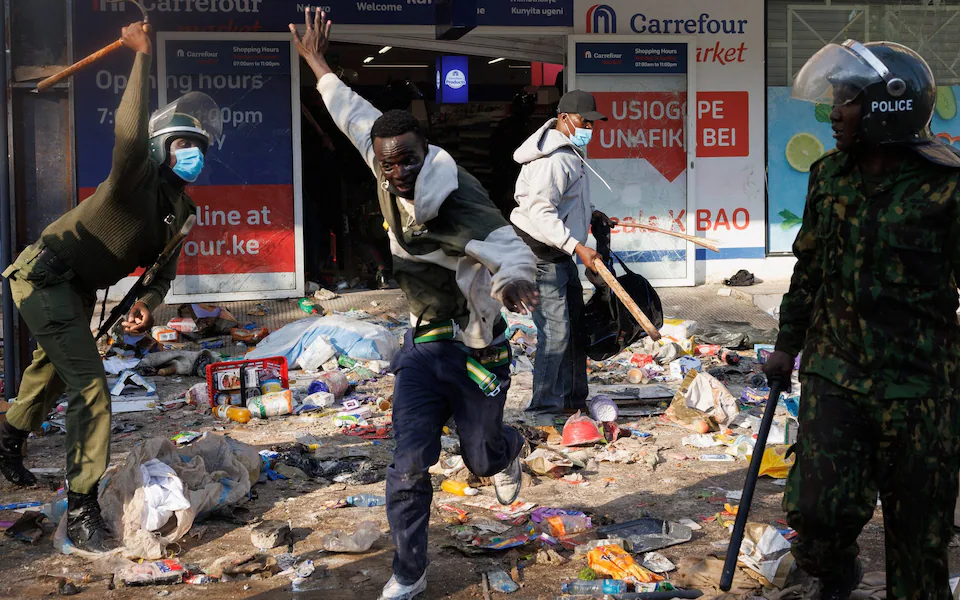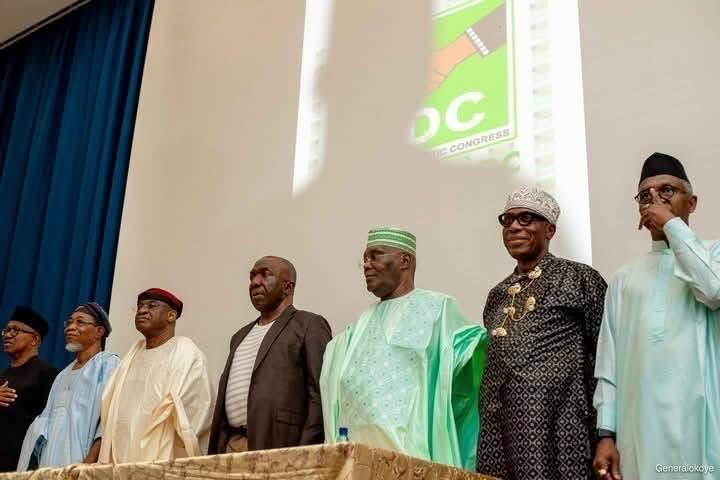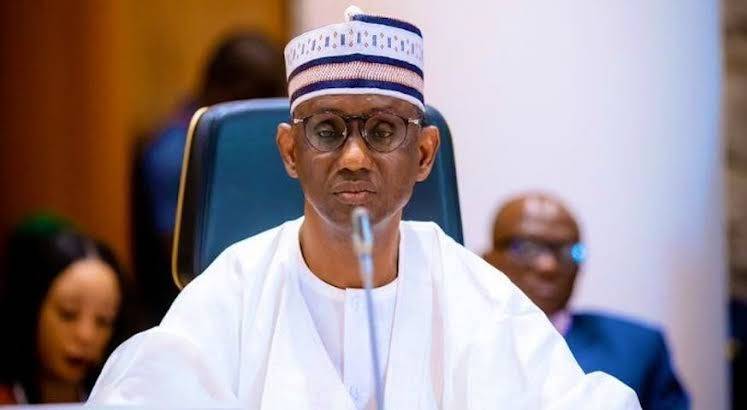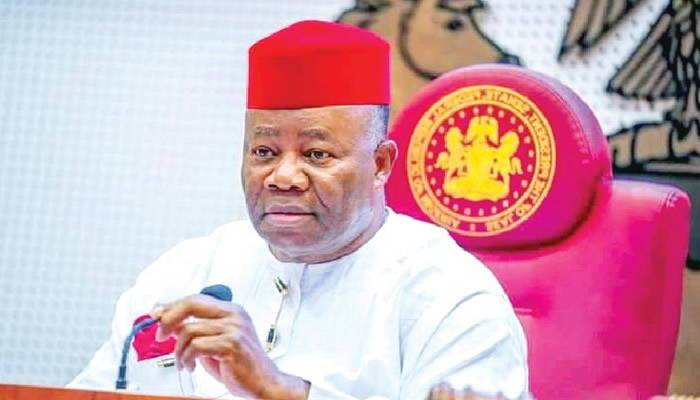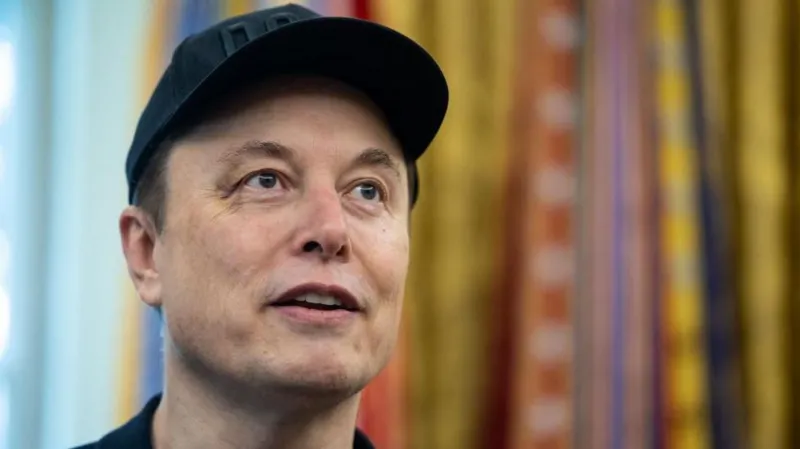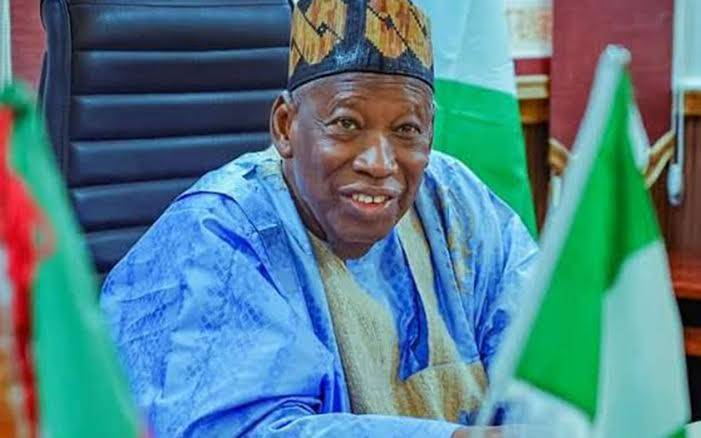By Segun Ayobolu
Nigeria’s 2023 general elections was one of the most critical, eventful and competitive contests in the country’s electoral history. It was a contest in which the the country’s three major ethnic groups, the Hausa-Fulani, Igbo and Yoruba, had three formidable candidates in the race – now President Bola Tinubu of the All Progressives Congress (APC), Alhaji Abubakar Atiku of the Peoples Democratic Party (PDP) and Mr Peter Obi of the Labour Party (LP). President Tinubu ‘s tortuous and epochal path to his eventual victory presents a vivid scenario where reality unfolding before our very eyes often seemed stranger than fiction.
His path was laden with mines. Granite boulders were hauled in his path by forces determined to abort what the tenacious political gladiator obviously saw as his manifest historical destiny. A number of books have already been written on Tinubu’s singleminded pursuit of his purpose, his deft side stepping of booby traps and delicate manouvering to dodge poisonous arrows aimed at destabilizing, knocking him off course and cutting short his dream. And many works both on the historic contest and the man, Tinubu, by contemporary and future writers from diverse specializations and perspectives will continue to be turned out.
Not many analysts can confidently and honestly aver that they envisaged Tinubu’s victory both at the APC presidential primaries and the election proper on February 27, 2023. But in his book on the election titled ‘Tinubu: Trajectory to the throne’, published in 2022, a year before the election, Dr John M. O. Ekundayo, obviously wrote with the confident expectation that the incumbent President would prevail in the fierce battle. Spanning 262 pages, the book is divided into three major parts, which are further subdivided into 25 chapters and seven annexures. Given the author’s variegated educational background, cross-cutting, disciplinary intellectual nurturing and enriching professional experience, it is not surprising that he brings fresh and unique perspectives to bear on his interrogation of what he calls ‘Tinubu’s trajectory to the throne’.
This book is part historical narrative of the various events, incidents and episodes culminating in Tinubu’s eventual electoral triumph; it is part political analyses which x-rays the assorted political factors, variables and dynamics at play in the diverse power struggles in which Tinubu has been involved in his political career and evolution; it is part psychological investigation of the kind of steely disposition and determined mindset that propelled and motivated Tinubu to victory against phenomenal odds; it is part study of organizational politics and dynamics particularly with regard to Tinubu’s tenure as governor of Lagos State between 1999 and 2007, a period that was a critical phase in Tinubu’s systematic political evolution; it is part philosophical dilation on the purpose and essence of leadership and also part audacious spiritual, prophetic projection of a Tinubu victory that the author envisaged but which had not manifested at the time he was setting down his thoughts in writing.
The author, Dr Ekundayo, obtained a B.Sc degree in Civil engineering from the then then University of Ife, now Obafemi Awolowo University (OAU and holds Master’s and Ph.D. degrees in Organizational leadership from universities in Singapore and Malaysia. His academic interest in the dynamics of leadership -follower relationship substantially informs his study of President Tinubu’s politics and leadership and makes this book a unique intellectual offering and not another hagiogaphic sycophancy. Although a serious and rigorous work particularly in the essentially theoretical first part, Dr Ekundayo writes in the breezy, readable style of a seasoned columnist. His scientific cast of mind is evident in his clinical systematization and methodical dissection of his subject matter.
In the first two chapters of the book, Ekundayo explores various definitions of leadership while systematically guiding the reader through the assorted leadership models and styles identified in the literature on organizational and managerial leadership. These leadership typologies he discusses include transformational leadership, teansactional leadership, exemplary leadership, servant leadership, and situational leadership. He then goes on to focus on the elements of strategic leadership offering enriching insights into the processes of developing and nurturing appropriate driving visions on the part of leaders, motivating followers, charting a steady course, setting and achieving set targets, the essential nuggets of strategic planning and the psychological dimensions of organizational and political leadership.
Examining leadership as a dialectical “relationship between those who aspire to lead and those who choose to follow, he succinctly defines leadership as “the process of influencing and facilitating an individual or group, within a context, to understand what what needs to be done to accomplish a mutual goal”. In the words of the author, one of the aims of the book is to provide “a window to learning strategic leadership as simplified and exemplified in practice by Asiwaju Bola Ahmed Tinubu in steering the ship of State in Lagos, especially in the adept and adroit manner he employed and exploited a robust combination of financial engineering and information communication technology (ICT) to shore up the economy of Lagos”. This theoretical framework offers the context within which the author goes on to examine in the book Tinubu’s navigation of the delicate pathway of power and politics in Nigeria’s complex polity.


